The Butterfly Effect" by Rajat Chaudhuri: Book Review
The Butterfly Effect" by Rajat Chaudhuri explores interconnectedness through small actions, echoing chaos theory in a tale of profound consequences.on Jun 18, 2024
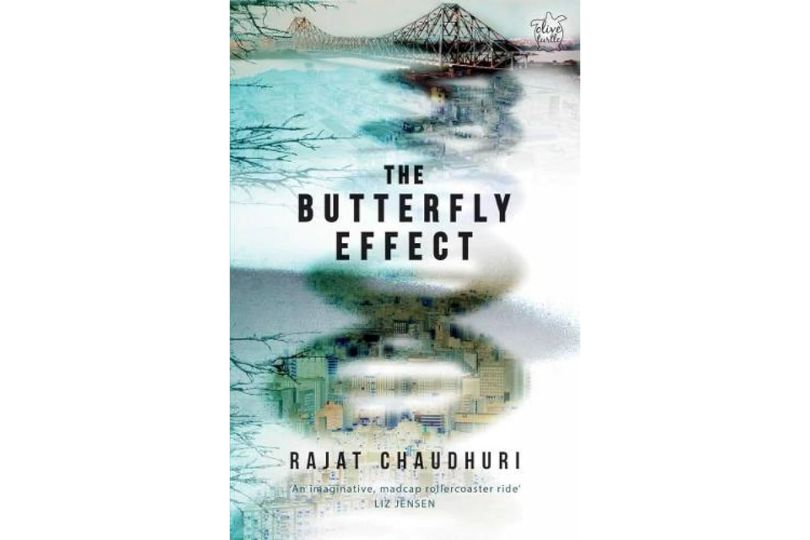
The Butterfly Effect" by Rajat Chaudhuri delves into the far-reaching consequences of one man's actions, exploring the intricate web of chaos theory where a seemingly insignificant event, like a butterfly's flutter, can have monumental impacts. This eco-dystopian novel is a haunting and timely narrative that delves into the threats posed by unchecked technological advancements and genetically modified crops, painting a grim picture of humanity’s potential future.
The novel begins by immersing readers in a dystopian future reminiscent of Blade Runner. In the desolate land of Darkland, governed by the autocratic Supreme Guide, people struggle to survive in squalor, subsisting on moldy food and living under constant fear. The story introduces Captain Old, a character tasked with infiltrating and assassinating dissidents in an abandoned metro, highlighting the oppressive nature of the regime. The bioengineered humans, or "dishbabies," with their eerie blue glowing eyes, add a biopunk twist to the narrative, enriching the dark, dystopian setting.
The narrative structure of "The Butterfly Effect" is intricate and non-linear, interweaving multiple storylines that converge to form a cohesive whole. The first section, titled "Captain Old and the Living Dead of the Darkland," sets the tone for the novel, portraying a society deeply divided by class and ruled by fear. As the story progresses, it shifts back and forth in time, revealing the interconnected lives of its characters.
One of the central characters is Tanmoy Sen, a geneticist working in the UK, whose well-intentioned defiance against his employer leads to catastrophic consequences. Tanmoy creates a strain of grain intended to solve world hunger, but this act of rebellion inadvertently sets off a chain of events that result in the creation of Darkland and Cleanland, reinforcing a stark class divide. His friend, Henry David, serves as a moral compass, warning Tanmoy of the dangers of tampering with nature, highlighting the ethical dilemmas scientists face.
The novel also follows Detective Kar, a private investigator from Calcutta, on his mission to find a group of Indian tourists lost in Korea. Through Kar’s perspective and the tourists' experiences, the narrative offers glimpses into different cultures and the shared human condition. These shifts in setting and tone, from the warm and inviting to the dark and foreboding, keep readers engaged and intrigued.
Chaudhuri’s writing is both poignant and evocative, capturing the essence of each location with meticulous detail. From the bustling streets of Calcutta to the high-rises of Seoul, the novel immerses readers in its vividly described settings. The level of detail, though sometimes causing the pace to drag, adds depth and authenticity to the narrative.
"The Butterfly Effect" addresses significant themes such as classism, capitalism, extreme poverty, and the rise of autocracy. It portrays the devastating impact of war on civilians and critiques the greed and selfishness inherent in human nature. North Korea’s ruthless pursuit of genetically modified seeds results in a global epidemic, illustrating the dangerous consequences of prioritizing power over ethics.
Chaudhuri masterfully weaves these narratives together, creating a complex tapestry that reflects the interconnectedness of our world. The novel’s structure is reminiscent of *Cloud Atlas*, with its interlinked stories that ultimately converge. This intricate storytelling technique builds suspense and provides a satisfying resolution as disparate events are brought together in the end.
"The Butterfly Effect" is not just a cautionary tale about the perils of scientific hubris; it is a thought-provoking exploration of human nature and the far-reaching consequences of our actions. Chaudhuri’s novel is a powerful reminder of the delicate balance between creation and destruction and the unforeseen impact we can have on the world. This is a must-read for fans of dystopian fiction, offering both a thrilling narrative and a profound commentary on contemporary issues.



.jpg)






.jpg)

.jpg)
.jpg)
.jpg)
.jpg)

.jpg)

.jpg)
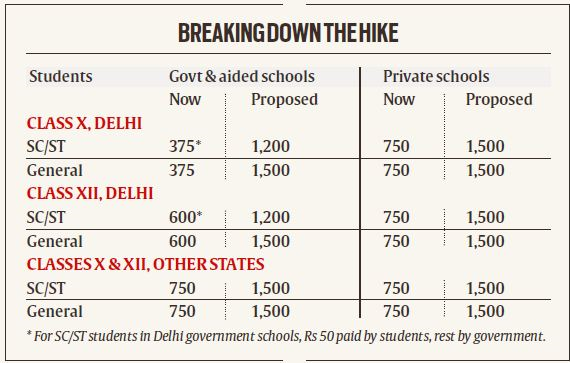

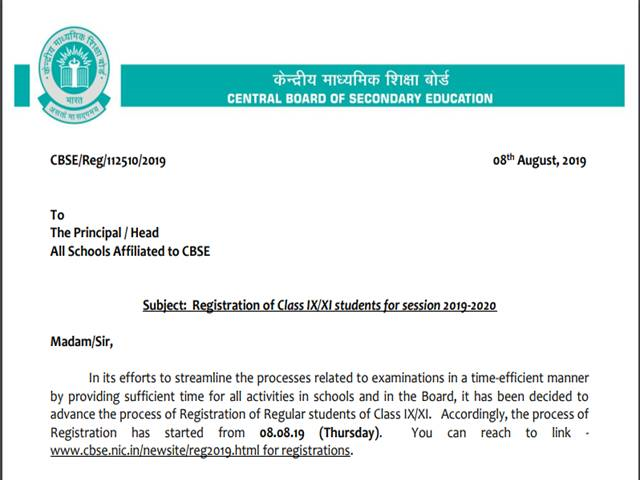


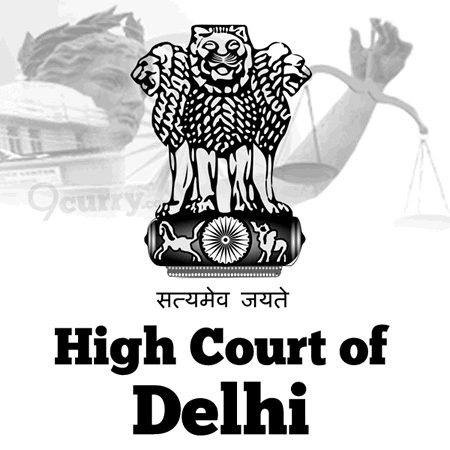
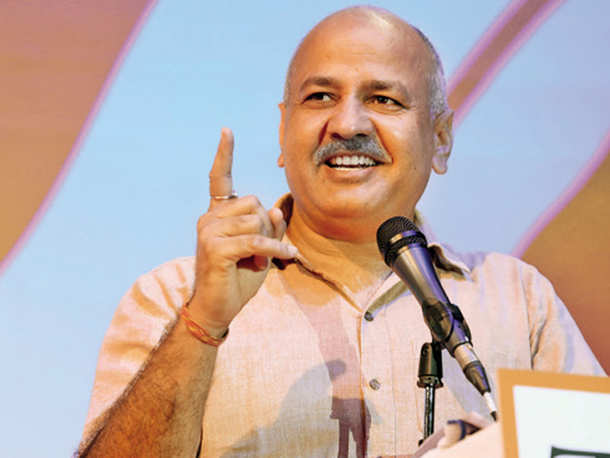


Sorry! No comment found for this post.